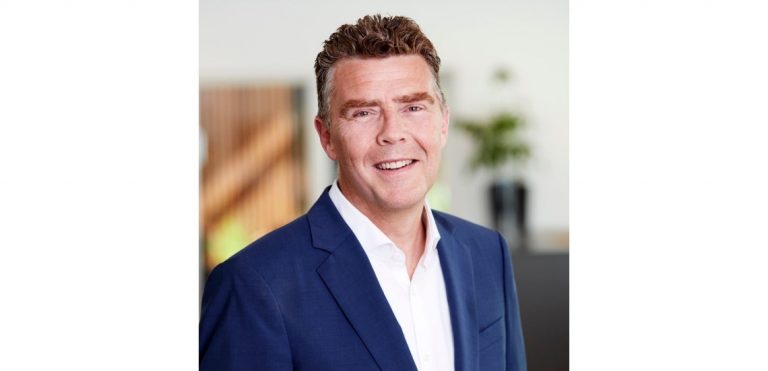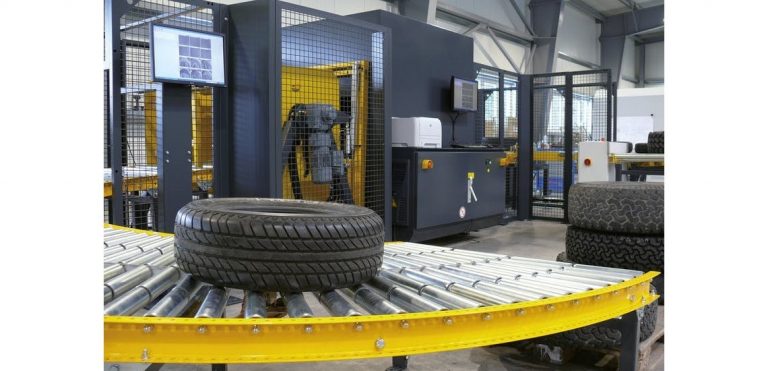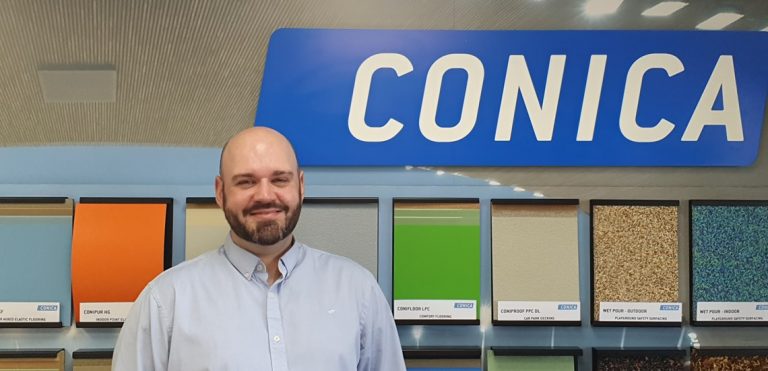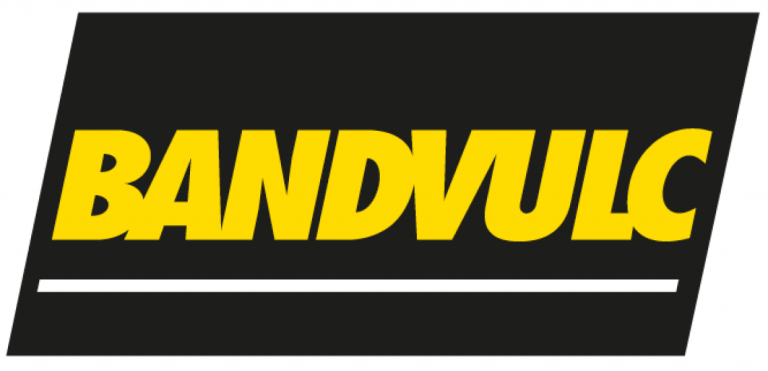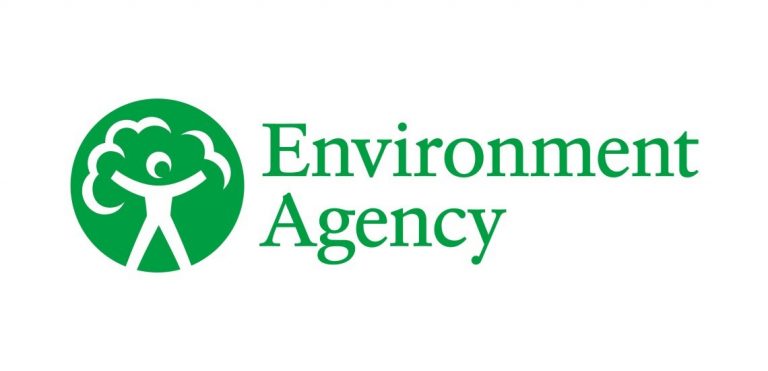CONICA LTD, formerly Charles Lawrence International, is the first company in the UK to be awarded a PAS 107 QP certificate for the way it manufactures, stores and distributes recycled rubber granulate created from waste tyres.
Quality Protocol Part of CONICA LTD’s Sustainable Process
In December 2014 the Tyre Recovery Association (TRA) added a new Quality Protocol option to PAS 107 to support sustainable tyre recycling. After passing the audit and inspection process CONICA LTD was awarded the first ever Certificate of Qualification during the TRA’s Recycling Day conference on the 19th of June, in what represents a significant milestone for the tyre recycling and recovery industry.
The new Quality Protocol option (QP) accompanies the existing Publically Available Specification (PAS) 107:12 covering the Manufacture and Storage of Size-Reduced Tyre-Derived Materials. The QP identifies the point at which waste, having been fully recovered, may be regarded as a non-waste product that can be used in specified markets without the need for waste-management controls if its criteria are met.
Mike Wilson, President of the Tyre Recovery Association, the body that worked alongside the Environment Agency when updating the PAS standard, and Gary Nelson Director of Abricon Ltd, who also developed the QP and carried out the inspection of CONICA, presented the certificate to John Bramwell , CONICA LTD’s Operations Director.
Commenting on the award, John Bramwell said, “All the tyres that we collect, handle and recycle as well as the rubber granules that are created from this process are tracked for full traceability and accountability. This certificate reinforces that we undertake ‘best practice’ at every stage in the process. We’re delighted to receive this award in recognition of our commitment to quality.”
The Certificate of Qualification confirms CONICA as the first company in the UK whose site has been audited and passed as compliant against the requirements of PAS 107:2012. The certificate affirms that any tyre waste that is managed and recovered using the compliant procedures at CONICA can be classed as a non-waste product and is not required to be managed under waste management controls. CONICA can now also use the “certified recycled” tyre product mark on their website letterhead and product material as well as displaying the TRA quality assurance badge.
“This compliance certificate has a great many benefits for its recipients,” said Peter Taylor, TRA Secretary General. “It helps clear the way for responsible recyclers to store and distribute their treated tyre-derived materials without the difficulties of compliance to waste regulations.
“This will deliver significant annual savings to businesses in the TDRM (Tyre-Derived Rubber Materials) sector as well as bring new demand. Many more organisations are already working towards their Certificate of Qualification and we encourage all relevant companies to follow CONICA’s example and do the same.



















